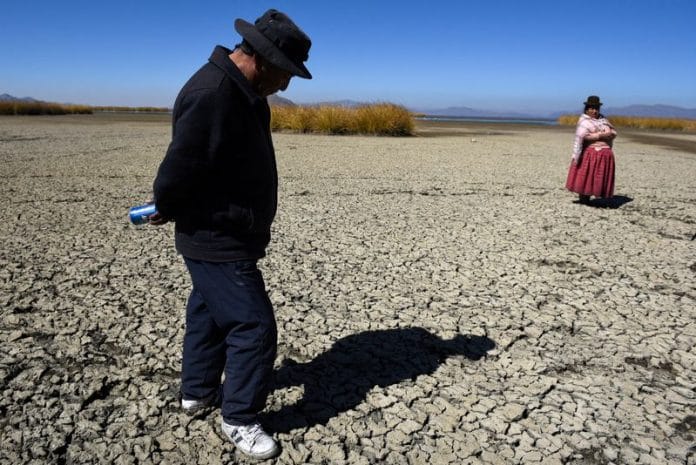Brussels: This year is on track to become the hottest on record, with the global mean temperature to date this year 0.52 degrees Celsius higher than average, the European Union’s Copernicus Climate Change Service said on Thursday.
Scientists have said climate change combined with the emergence this year of the El Nino weather pattern, which warms surface waters in the eastern and central Pacific Ocean, have fuelled recent record-breaking temperatures.
“The unprecedented temperatures for the time of year observed in September – following a record summer – have broken records by an extraordinary amount. This extreme month has pushed 2023 into the dubious honour of first place – on track to be the warmest year and around 1.4C above preindustrial average temperatures”, Samantha Burgess, Deputy Director of Copernicus, said in a statement.
The global temperature for January-September is also 1.4C higher than the preindustrial average (from the years 1850 to 1900), the institute added, as climate change pushes global temperatures to new records and short-term weather patterns also drive temperature movements.
Last month was the warmest September on record globally, 0.93C above the average temperature for the same month in 1991-2020, and the global temperature of the month was the most atypical warm month of any year in the ERA5 dataset, which dates back to 1940.
“Two months out from COP28, the sense of urgency for ambitious climate action has never been more critical,” said Burgess, referring to the United Nations Climate Change Conference.
Last year was not a record, though the world was 1.2C warmer than pre-industrial times. The previous record belonged to 2016 and 2020 when temperatures were an average of 1.25 degrees C higher.
“What is especially worrying is that the warming El Niño event is still developing, and so we can expect these record-breaking temperatures to continue for months, with cascading impacts on our environment and society,” said World Meteorological Organization Secretary-General Petteri Taalas, referring to the climate phenomenon that drives extreme heat.
The average sea surface temperature for September over 60°S–60°N reached 20.92C, which is the highest on record for September and the second highest across all months, behind August 2023, Copernicus said.
The body’s analysis is based on billions of measurements from satellites, ships, aircraft and weather stations.
Antarctic sea ice extent remained at a record low level for the time of year, while the Arctic Sea ice extent is 18% below average.
(Reporting by Charlotte Van Campenhout; Additional reporting by Emma Farge in Geneva; Editing by Aurora Ellis and Deborah Kyvrikosaios)
Disclaimer: This report is auto generated from the Reuters news service. ThePrint holds no responsibilty for its content.






